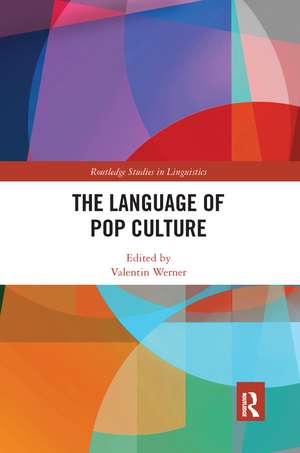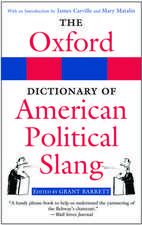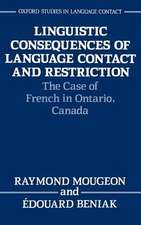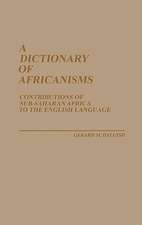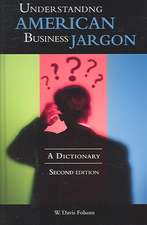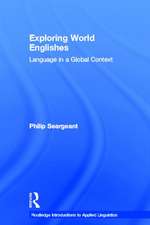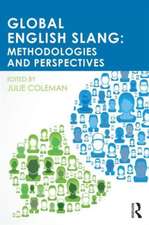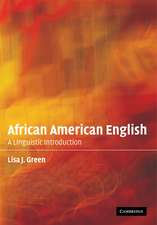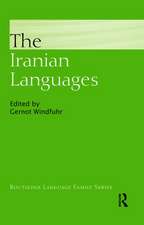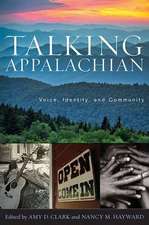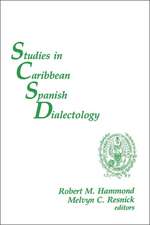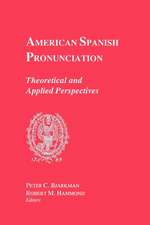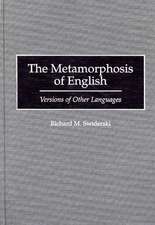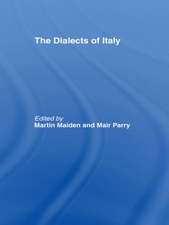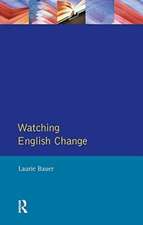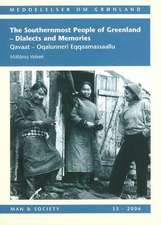The Language of Pop Culture: Routledge Studies in Linguistics
Editat de Valentin Werneren Limba Engleză Paperback – 14 aug 2020
| Toate formatele și edițiile | Preț | Express |
|---|---|---|
| Paperback (1) | 393.46 lei 6-8 săpt. | |
| Taylor & Francis – 14 aug 2020 | 393.46 lei 6-8 săpt. | |
| Hardback (1) | 820.71 lei 6-8 săpt. | |
| Taylor & Francis – 24 ian 2018 | 820.71 lei 6-8 săpt. |
Din seria Routledge Studies in Linguistics
-
 Preț: 311.76 lei
Preț: 311.76 lei - 9%
 Preț: 936.56 lei
Preț: 936.56 lei -
 Preț: 293.94 lei
Preț: 293.94 lei -
 Preț: 238.40 lei
Preț: 238.40 lei -
 Preț: 358.18 lei
Preț: 358.18 lei - 18%
 Preț: 1115.51 lei
Preț: 1115.51 lei -
 Preț: 309.27 lei
Preț: 309.27 lei - 18%
 Preț: 1007.86 lei
Preț: 1007.86 lei -
 Preț: 397.32 lei
Preț: 397.32 lei -
 Preț: 416.22 lei
Preț: 416.22 lei - 18%
 Preț: 1008.17 lei
Preț: 1008.17 lei - 18%
 Preț: 1108.73 lei
Preț: 1108.73 lei - 13%
 Preț: 296.19 lei
Preț: 296.19 lei -
 Preț: 380.52 lei
Preț: 380.52 lei -
 Preț: 428.67 lei
Preț: 428.67 lei - 18%
 Preț: 1010.95 lei
Preț: 1010.95 lei -
 Preț: 389.66 lei
Preț: 389.66 lei -
 Preț: 387.20 lei
Preț: 387.20 lei - 18%
 Preț: 999.51 lei
Preț: 999.51 lei - 18%
 Preț: 1006.60 lei
Preț: 1006.60 lei -
 Preț: 486.22 lei
Preț: 486.22 lei -
 Preț: 449.41 lei
Preț: 449.41 lei - 18%
 Preț: 1007.36 lei
Preț: 1007.36 lei -
 Preț: 412.79 lei
Preț: 412.79 lei - 18%
 Preț: 138.15 lei
Preț: 138.15 lei -
 Preț: 382.91 lei
Preț: 382.91 lei -
 Preț: 389.66 lei
Preț: 389.66 lei - 18%
 Preț: 1003.30 lei
Preț: 1003.30 lei -
 Preț: 384.86 lei
Preț: 384.86 lei - 15%
 Preț: 489.26 lei
Preț: 489.26 lei - 18%
 Preț: 997.90 lei
Preț: 997.90 lei -
 Preț: 462.60 lei
Preț: 462.60 lei - 18%
 Preț: 1000.27 lei
Preț: 1000.27 lei - 18%
 Preț: 1165.20 lei
Preț: 1165.20 lei
Preț: 393.46 lei
Nou
Puncte Express: 590
Preț estimativ în valută:
75.29€ • 78.61$ • 62.31£
75.29€ • 78.61$ • 62.31£
Carte tipărită la comandă
Livrare economică 05-19 aprilie
Preluare comenzi: 021 569.72.76
Specificații
ISBN-13: 9780367593414
ISBN-10: 0367593416
Pagini: 282
Dimensiuni: 152 x 229 x 18 mm
Greutate: 0.39 kg
Ediția:1
Editura: Taylor & Francis
Colecția Routledge
Seria Routledge Studies in Linguistics
Locul publicării:Oxford, United Kingdom
ISBN-10: 0367593416
Pagini: 282
Dimensiuni: 152 x 229 x 18 mm
Greutate: 0.39 kg
Ediția:1
Editura: Taylor & Francis
Colecția Routledge
Seria Routledge Studies in Linguistics
Locul publicării:Oxford, United Kingdom
Public țintă
Postgraduate and UndergraduateCuprins
Part I: Context 1. Linguistics and pop culture: Setting the scene(s) Valentin Werner 2. Pop culture and linguistics – is that, like, a thing now? Joe Trotta Part II: Comics 3. Pardon my French... and German… and Spanish...: (Mis)speaking in tongues in Marvel comics Shane Walshe 4. Linguistic discourse in web comics: Extending conversation and narrative into alt-text and hidden comics Frank Bramlett Part III: Music and Lyrics 5. Pop culture and the globalization of non-standard varieties of English: Jamaican Creole in German reggae subculture Michael Westphal 6. "Britpop is a thing, damn it": On British attitudes toward American English and an Americanized singing style Lisa Jansen Part IV: TV and Movies 7. Variation in movies and television programs: The impact of corpus sampling Marcia Veirano Pinto 8. Verbal humor in crime drama television: A cognitive-linguistic approach to popular TV series Christoph Schubert Part V: Pop meets EFL 9. An analysis of pop songs for teaching English as a foreign language: Bridging the gap between corpus analysis and teaching practice Theresa Summer 10. Song lyrics: From Multi-Dimensional Analysis to the foreign language classroom Patricia Bértoli 11. (Im)politeness rituals in The Young Pope and teaching pragmatics Silvia Bruti Epilogue 12. Analyzing pop culture Monika Bednarek
Notă biografică
Valentin Werner is assistant professor of English and Historical Linguistics at the University of Bamberg. His recent publications include two books on the present perfect (2014, 2016), a co-edited special issue of the International Journal of Learner Corpus Research (2018), and contributions to journals such as English Language and Linguistics, English World-Wide, and Corpora.
Descriere
This volume showcases linguistic approaches to the study of pop culture and their potential to inform linguistic theory building and analytical frameworks. Eamples from a range of pop culture registers provide a description of these forms through linguistic study and outline methodological issues involved in applying linguistic approac
